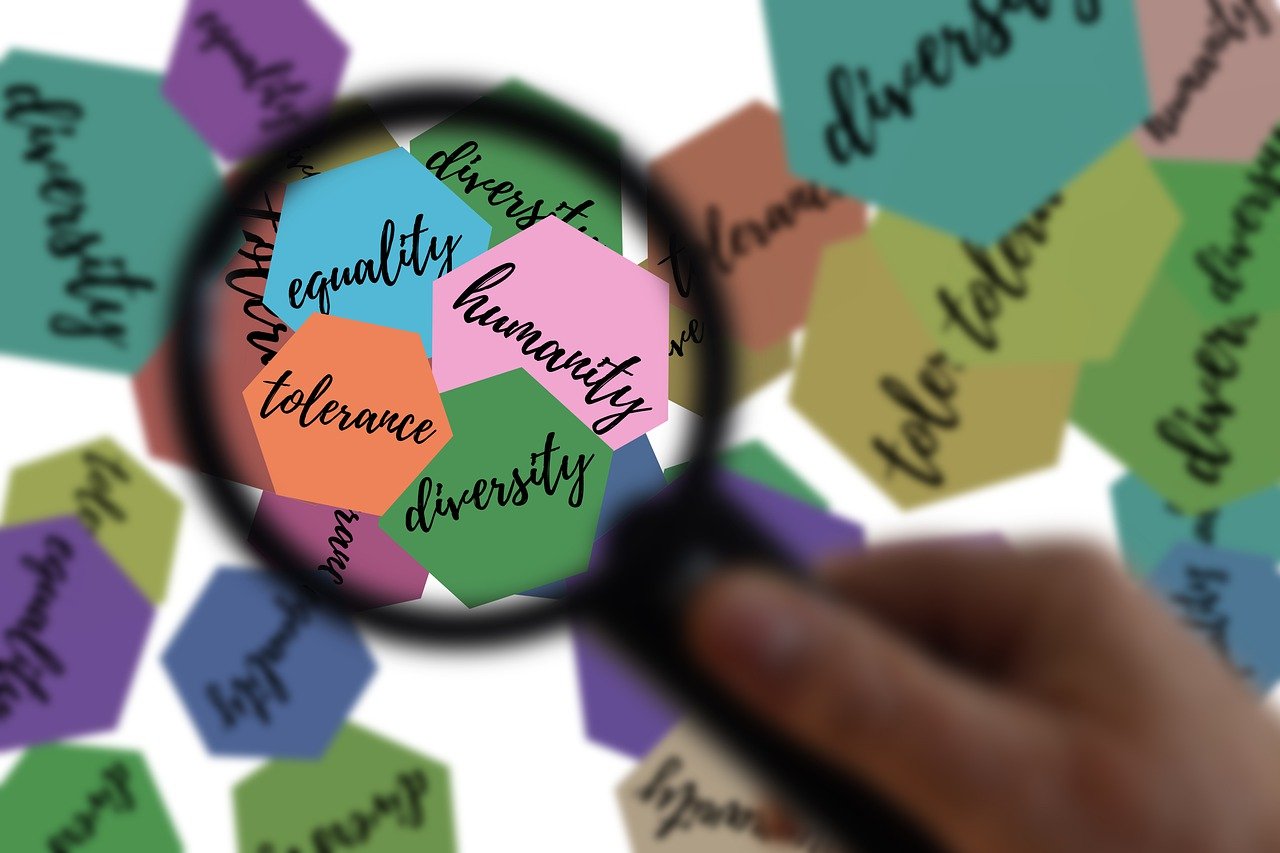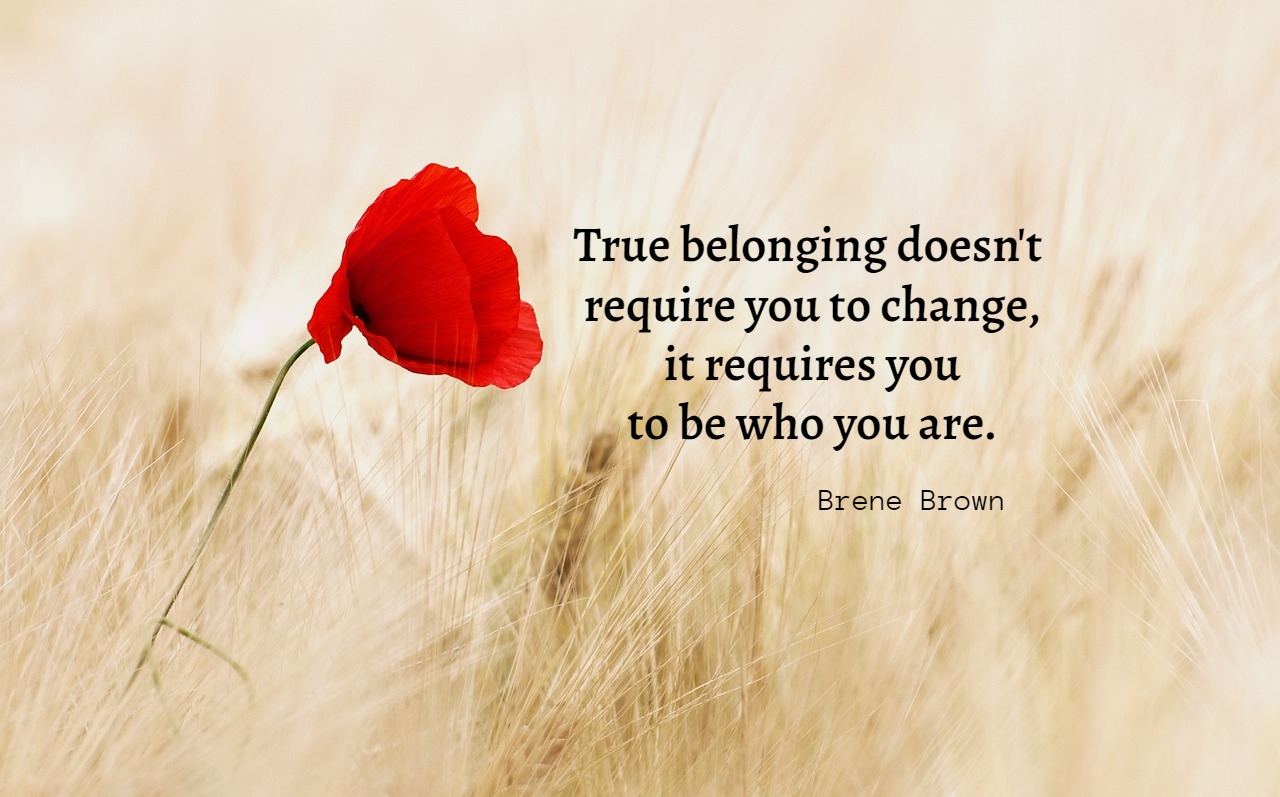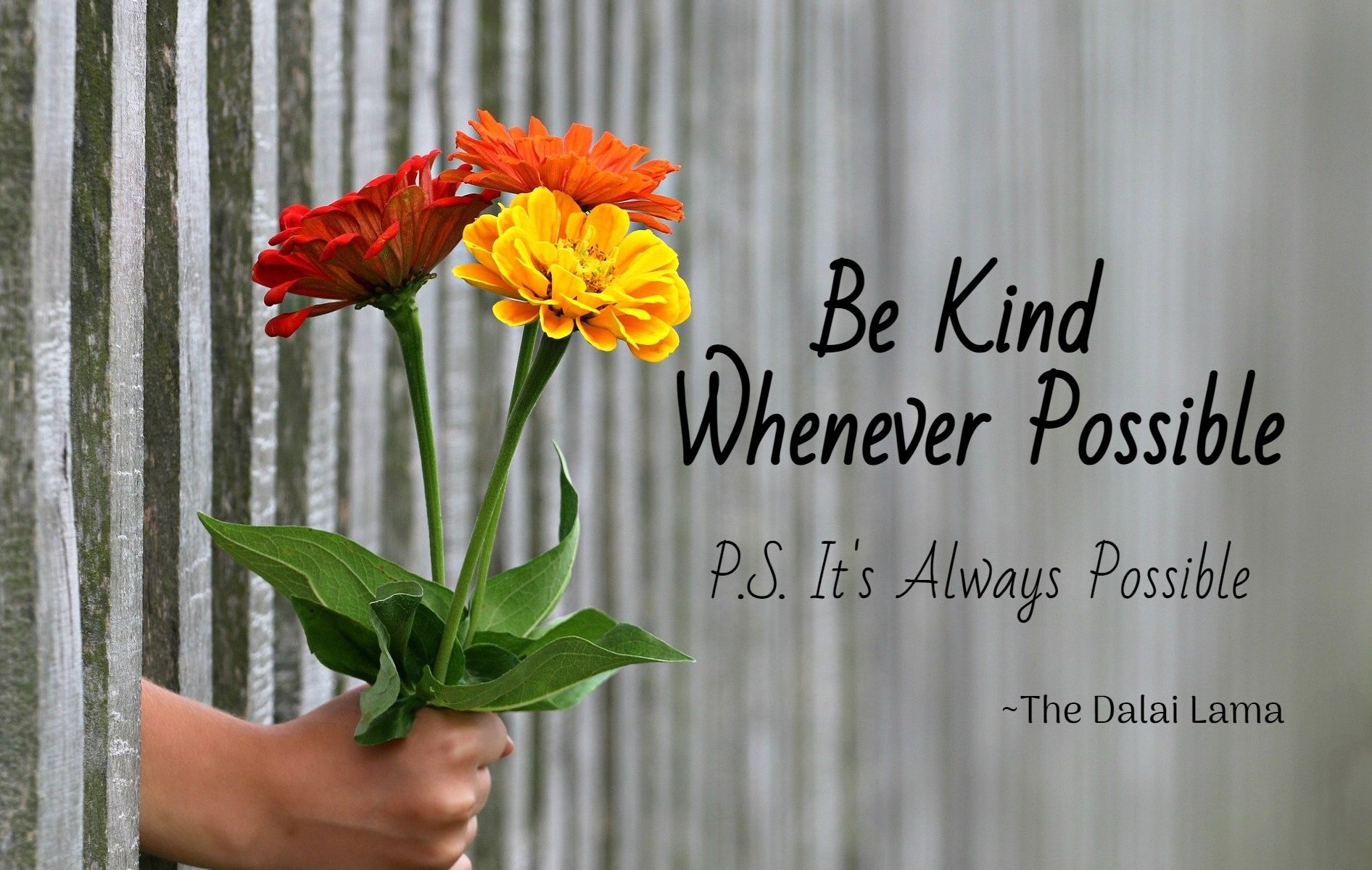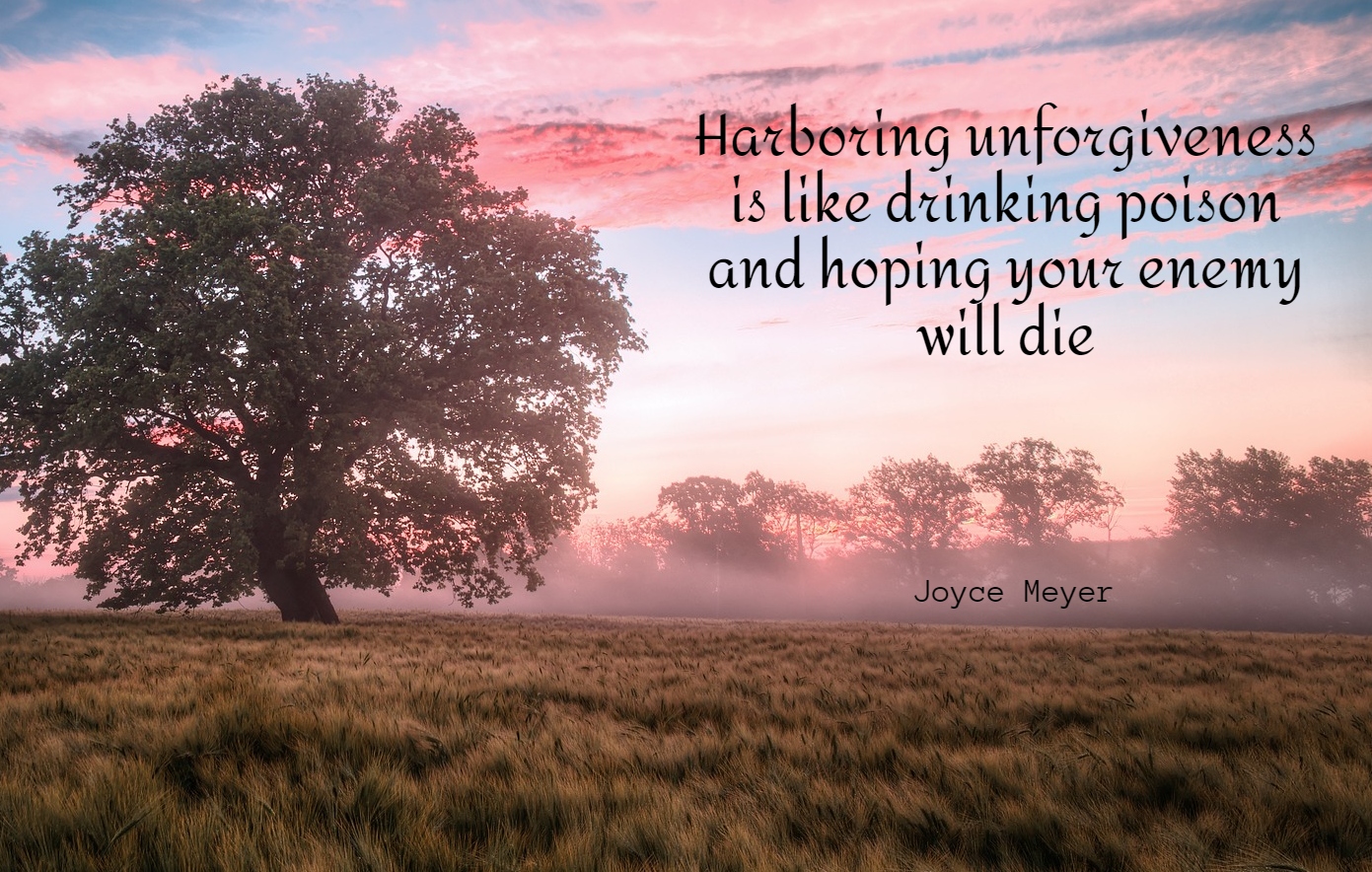We’re living in a time of intense polarization among our fellow Americans. There are those that have such a passion for their beliefs, they do not allow others to express anything that may challenge it. In an effort to disqualify opposing views, they may attack or explode with toxic, abusive, and/or destructive behavior. This polarization is not just destroying relationships; it’s destroying our country.
With regard to politics, polarization has increased rapidly over the last 40 years. Meaning, citizens feel more negativity toward the other political party than their own. When people from differing political camps cease to respect each other, it’s much harder to make political compromises and to create good public policy.
In recent years, it seems that the divide reaches far beyond political opinions. Some people may be easily offended by others, with an insecure and unhealthy bias that is based on their own belief system. With easy access to the internet and groups of various affiliation, it is quite easy to surround yourself with like minds, whether right or wrong.
Yet tolerance is the amazing quality of allowing others to do or believe what they want to do/believe, even if you do not agree with it. It is fair and objective. It does not judge nor condemn. Being tolerant of others is a moral virtue and a behavior we should all seek to characterize. Even further is acceptance, embracing and celebrating the differences of others.
When we tolerate the actions and beliefs of others, we are giving them grace, and giving grace to others is God’s will for us. With unconditional acceptance, we open the door to more wisdom, more peace, and more love. With grace, we provide the opportunity to learn from those with opposing views. And although we may believe that our way is the right way, given our humanistic capacity, we often fall short. We may seek to influence others with our own beliefs and maybe even change their minds, however, we need not fix our countenance on making it so.
Expressing tolerance for others can be beneficial for all involved. According to Psychology Today, showing tolerance to others allows them to learn from their consequences in their own time and find their way without trying to control them.
Ways to help you to tolerate others:
- Seek to understand their position
- Empathize with their beliefs
- Place emphasis on your similarities and ignore the differences
- Accept that uncertainty is ok
- Review your own beliefs, where they were derived, and whether valid
When you feel challenged with tolerance, check yourself first. Evaluate your thoughts and make sure that you are reacting from a healthy place. When your state of mind is disturbed by another, your ego may want to retaliate. Do not let it. Show patience with others by understanding that you yourself have likely, at some point, disturbed the peace of another. Whatever your surroundings may provide, you can always choose to grace with tolerance.

